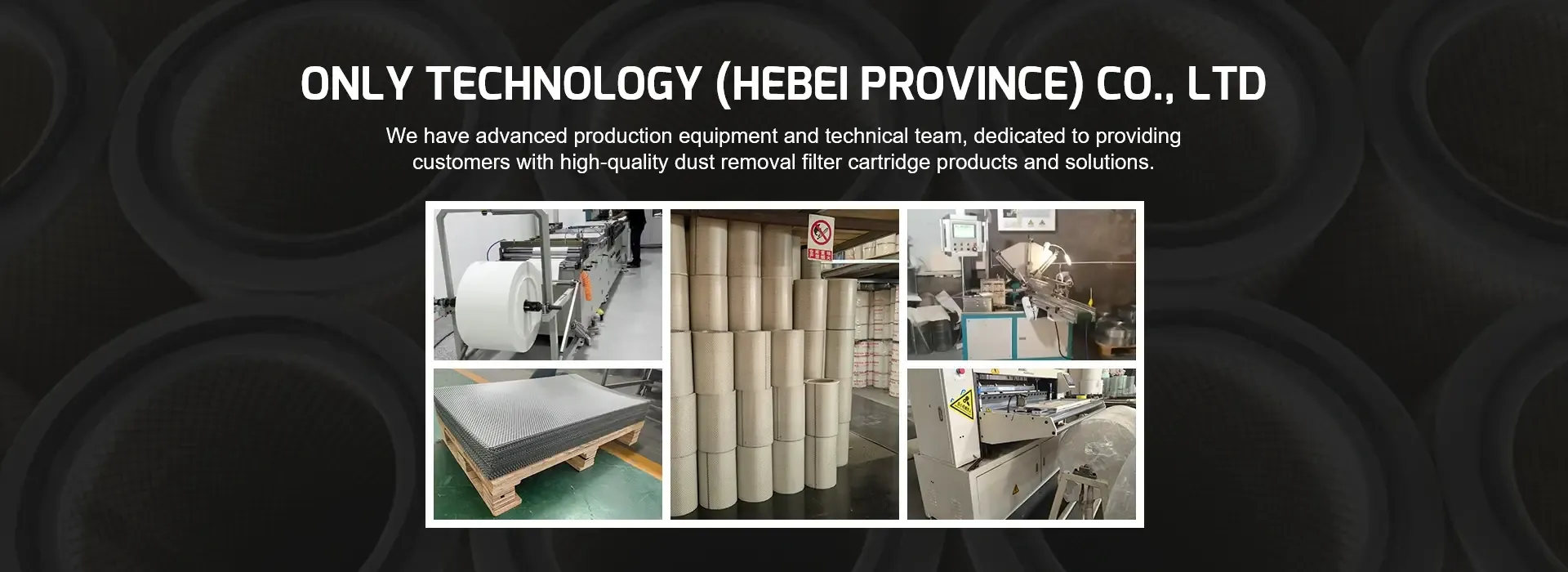 Tel:
+8615930870079
Tel:
+8615930870079
9月 . 01, 2024 00:57 Back to list
High-Quality Metal Filter Elements | Durable & Efficient Filtration Solutions
Understanding Metal Filter Elements Composition, Applications, and Advantages
Metal filter elements are integral components in various industrial processes, designed to separate solid particles from fluids or gases. Composed primarily of different metal materials, these filters are renowned for their durability, efficiency, and ability to withstand extreme conditions. This article explores the composition, applications, and advantages of metal filter elements.
Composition
Metal filter elements can be fabricated from a variety of metals, including stainless steel, aluminum, and nickel alloys, each selected based on the specific requirements of the application. Stainless steel is the most common choice due to its excellent corrosion resistance and strength, making it suitable for filtering aggressive chemicals and high-temperature environments. Other materials might be chosen for special applications requiring specific properties, such as lightweight aluminum for aerospace applications or nickel alloys for high-corrosion environments.
The design of metal filter elements can vary significantly, with options including pleated, sintered, or woven configurations. Pleated filters maximize surface area, enhancing filtration efficiency, while sintered filters provide superior strength and uniform porosity. Each design caters to unique filtering requirements, ensuring optimal performance in diverse conditions.
Applications
metal filter element

Metal filter elements are used across a broad range of industries. In the automotive sector, they play a crucial role in air filtration systems, ensuring clean air intake for engines and improving efficiency. In chemical processing, metal filters are essential for separating solid contaminants from liquids, thereby protecting pumps and other equipment from wear and damage.
Moreover, in the pharmaceutical industry, metal filter elements are critical for maintaining product purity
. They can be utilized in the production process to ensure that end products meet stringent quality standards. Additionally, they are increasingly employed in the energy sector, particularly in oil and gas applications, where robust filtering solutions are needed to manage the challenging components of crude oil and natural gas.Advantages
The primary advantage of using metal filter elements is their durability. Unlike traditional paper or synthetic filters, metal filters can endure high pressures and temperatures without compromising performance. This longevity translates to lower replacement costs and reduced maintenance requirements, ultimately enhancing operational efficiency.
Furthermore, metal filter elements can often be cleaned and reused, making them a more environmentally friendly option compared to disposable filters. Their ability to withstand harsh cleaning chemicals and processes ensures they maintain their integrity over time.
In conclusion, metal filter elements stand out as versatile and reliable solutions across various industries. Their robust construction, coupled with the capability to perform in challenging environments, makes them invaluable in maintaining the purity and efficiency of fluids and gases in industrial applications. As technology advances, the role of metal filters in enhancing filtration quality will undoubtedly continue to grow.
-
Nano Fiber Technology: Revolutionizing Cartridge Dust Collector FiltersNewsAug.06,2025
-
How Activated Carbon Air Cartridges Eliminate OdorsNewsAug.06,2025
-
Dust Filter Cartridge Handling Fine Particulate MatterNewsAug.06,2025
-
Cartridge Dust Collector Filter for Welding Fume ExtractionNewsAug.06,2025
-
Activated Carbon Filter Cartridge Effectiveness Against VOCsNewsAug.06,2025
-
Activated Carbon Air Filter Cartridge Benefits ExplainedNewsAug.06,2025

 Email:
Email:





